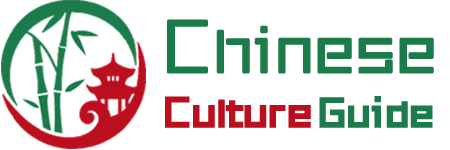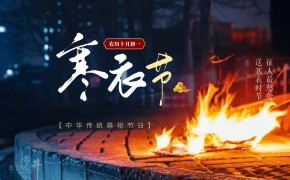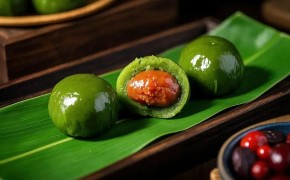Qingming Festival (Tomb-Sweeping Day) stands among China’s four major traditional festivals alongside Spring Festival, Dragon Boat Festival, and Mid-Autumn Festival.
Falling around April 4–6 each year, it uniquely blends natural cycles and cultural rituals, reflecting China’s deep-rooted reverence for ancestors and celebration of seasonal renewal for over 2,500 years.
Origins: From Farming Calendar to Cultural Legacy
Originally marking the 5th solar term of the Chinese lunar calendar, “Qingming” (清·明) translates to ”Clear and Bright” — describing the crisp spring air and vibrant greenery after the vernal equinox. Ancient farmers relied on this period for planting, as captured in the proverb: “After Qingming, sow melons and beans”.
By the Tang Dynasty (618–907 AD), Qingming absorbed two older traditions:
Cold Food Festival: A day of eating cold meals to commemorate Jie Zitui, a loyal noble who perished in a forest fire.
Shangsi Festival: A water-purification ritual evolving into spring outings.
Imperial decrees consolidated tomb-sweeping and spring activities into Qingming, establishing it as a unified cultural event.
Traditions: Harmony Between Memory and Renewal
Qingming balances solemn remembrance with joyful spring activities:
Tomb Sweeping
Families clean ancestral gravesites, offer fresh flowers/fruit, and burn joss paper (spirit money) as tokens of respect. Modern eco-friendly alternatives like planting memorial trees are increasingly adopted.
Spring Celebrations
Flying Kites
Decorated with animals or blessings, kites are flown to “release” misfortune when strings are cut.
Spring Outings
Hiking or picnicking amid blooming scenery symbolizes reconnecting with nature.
Willow Branches
Hung on doors for protection against evil spirits.
Seasonal Foods
Qingtuan
Glutinous rice dumplings dyed green with mugwort juice, stuffed with red bean paste or meat floss.
Cold Dishes
Noodles or pancakes eaten cold in northern China, honoring Jie Zitui’s legacy.
Modern Significance: Bridging Past and Present
Designated a national holiday in 2008, Qingming continues evolving:
Eco-Tributes
Digital memorials and biodegradable offerings replace smoke-producing rituals.
Cultural Education
Schools organize visits to revolutionary martyrs’ cemeteries, transforming family homage into collective remembrance.
Global Reach
Similar festivals exist in Vietnam (Tết Thanh Minh) and Korea (Hansik), highlighting shared East Asian heritage.
Spirit of Qingming: Life in the Presence of Loss
The festival’s essence lies in harmonizing grief and hope:
“A drizzling rain falls like tears on the Mourning Day; The mourner’s heart breaks on his way.”
— Du Mu, Tang Dynasty poet (Translated by Xu Yuanchong).
This duality embodies a profound philosophy: Honoring the departed inspires fuller appreciation of life’s renewal — as nature awakens, Qingming reminds us that death and rebirth are inseparable threads in life’s tapestry.






















There are no comments yet, come and comment~